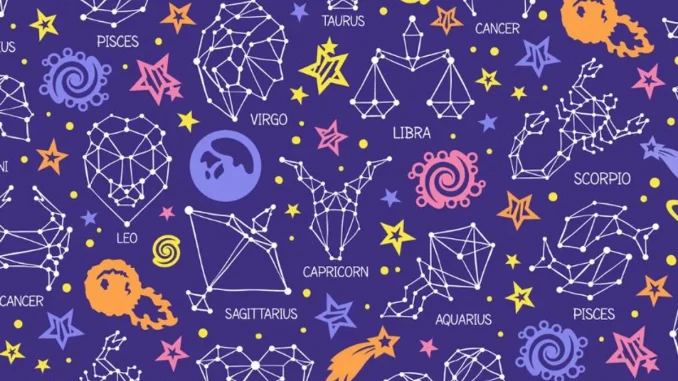
In the tapestry of human history, astrology has woven itself into countless cultures and civilizations, serving as a guide for understanding personal traits, predicting future events, and delving into the mysteries of the cosmos. As we navigate through the digital age, the ancient practice of astrology has undergone a remarkable transformation, blending traditional wisdom with contemporary science and technology. This article explores the evolution of astrology and highlights its myriad benefits in today’s world.
The Evolution of Astrology
Originating in ancient Mesopotamia, astrology has evolved through various stages, influenced by Greek philosophy, Indian Vedic traditions, and Western Renaissance thinking. From being a cornerstone of royal decision-making to being marginalized by the scientific revolution, astrology has resiliently persisted, finding new expressions in popular culture and personal development.
In recent decades, the advent of the internet has catalyzed a global astrology renaissance. Online platforms and apps have democratized access to astrological knowledge, making personalized birth charts, daily horoscopes, and in-depth astrological consultations readily available. This digital transformation has not only broadened astrology’s reach but also sparked debates about its scientific validity, fostering a more nuanced dialogue between traditional beliefs and modern skepticism.

Benefits of Astrology in Modern Times
Personal Insight and Self-Discovery
One of the most profound benefits of astrology lies in its ability to provide a unique lens for personal insight and self-discovery. By examining the placements of celestial bodies at the moment of one’s birth, astrology offers insights into one’s strengths, weaknesses, emotional tendencies, and potential growth areas. This can facilitate self-awareness and empower individuals to make more conscious choices in their lives.
Emotional Healing and Resilience
Astrology can serve as a tool for emotional healing by helping individuals understand and navigate through challenging life phases. By recognizing the influence of planetary cycles, people can anticipate periods of change or stress and take proactive steps towards self-care and resilience building. Furthermore, astrological counseling can offer a compassionate space for exploring deep-seated issues and fostering personal growth.
Enhancing Relationships
In relationships, astrology can serve as a guide for understanding compatibility and communication styles. By comparing birth charts, partners can gain insights into each other’s needs, fears, and motivations, fostering deeper empathy and stronger connections. It encourages a holistic view of relationships, recognizing that harmony often stems from understanding and honoring individual differences.
Inspiring Creativity and Innovation
The symbolic language of astrology stimulates creativity and encourages innovative thinking. Many artists, writers, and entrepreneurs draw inspiration from astrological themes, using planetary archetypes to explore complex human experiences and imagine new possibilities. In this way, astrology acts as a catalyst for personal expression and societal progress.

Facilitating Global Understanding
As a universal language that transcends geographical and cultural boundaries, astrology has the potential to foster greater global understanding and cooperation. By recognizing shared cosmic influences, people from diverse backgrounds can find common ground, promoting empathy and dialogue amidst division.
Conclusion
While astrology continues to be a subject of controversy and debate, its enduring appeal speaks to a fundamental human need for meaning, connection, and guidance. In its evolved form, astrology offers a blend of ancient wisdom and modern convenience, serving as a valuable resource for personal development, emotional well-being, and creative expression. As we continue to explore the cosmos both within and without, astrology remains a compelling tool for navigating the complexities of the human experience.

Leave a Reply